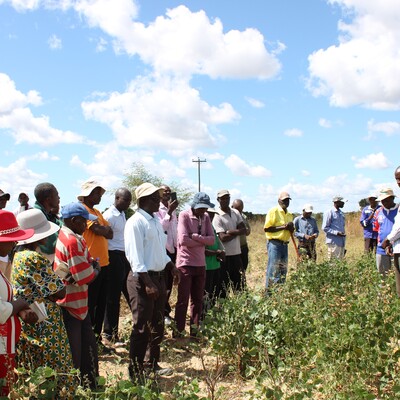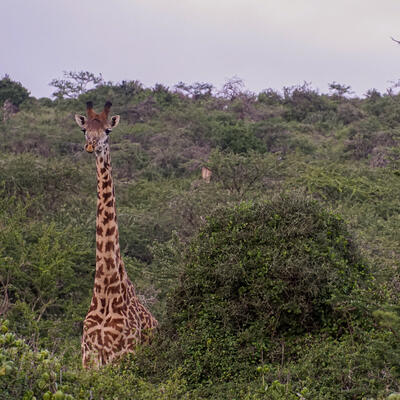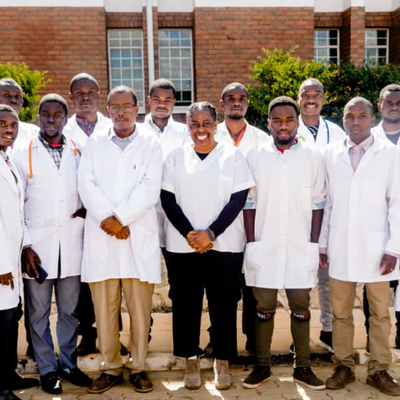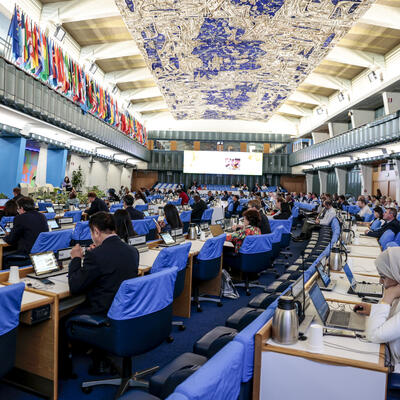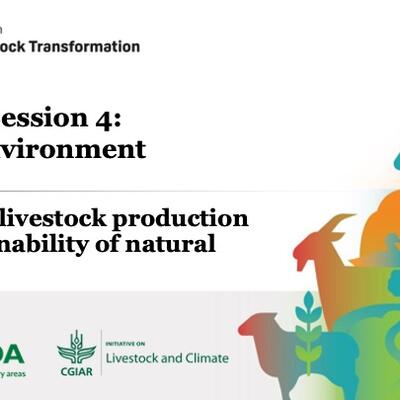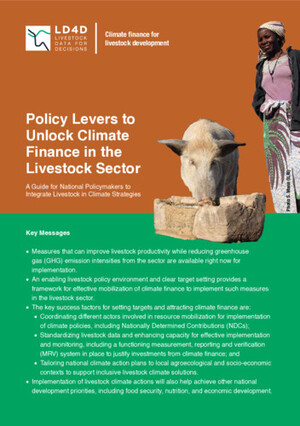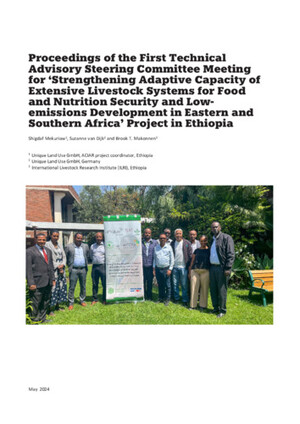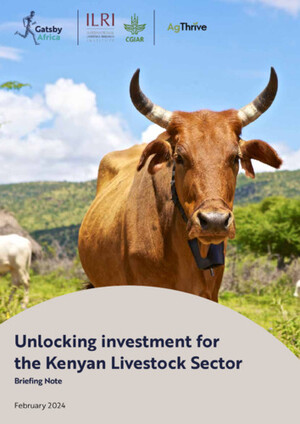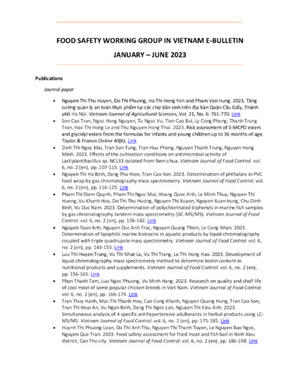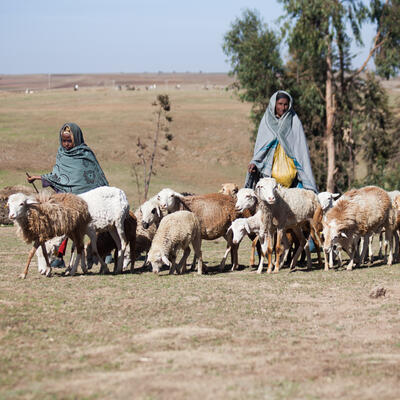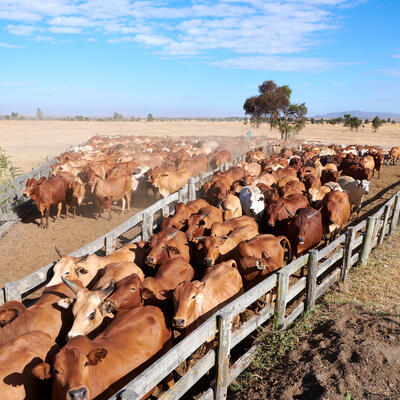
Smith delivers keynote at Tropentag conference
The International Livestock Research Institute (ILRI) was the featured CGIAR centre at the Tropentag conference in Germany this September, which centred on shifting paradigms in agriculture to achieve a healthy and sustainable future. The Tropentag is an annual interdisciplinary conference that addresses issues of resource management, environment and agriculture in the context of rural development and poverty alleviation. Jimmy Smith, director general at ILRI, delivered the keynote address, focusing on the need to transform food agriculture to adequately feed the world without destroying the planet.
The global demand for food is rapidly increasing due to growing population, urbanization and rising incomes. Agriculture in developing countries will have to expand to meet this demand. However, Smith cautions that developing countries cannot simply produce more food, as ‘people can be fed, but not nourished.’ Instead, agriculture must support nutritious diets that are diverse, readily available, affordable and safe, while remaining profitable to producers. To achieve these goals, Smith advocates three paradigm shifts: incentivize agricultural growth with equity, focus on small-to-medium-scale farmers and entrepreneurs, and strengthen local and regional agricultural supply chains.
Investment in developing world agriculture accounted for just 4 per cent of all official development assistance (ODA) in 2017. ‘These low investments are inconsistent with agriculture's high impact in developing countries,’ argues Smith, where more than 20 per cent, and sometimes as many as 60 per cent, of people depend on agriculture for their livelihoods. Greater investments in developing world agriculture can take advantage of the development opportunities presented by growing food demand and benefit multiple sectors, including health, nutrition, education and the environment. To maximize these investments, they must provide equitable and broad benefits for women, who make up nearly half of all farmers, and youth, who make up 60 per cent of Africa’s population and 38 per cent of Asia’s.
Investments should also be tailored to small- and medium-scale farmers, who still comprise the majority of agricultural populations today. To support the capacity of smallholder farmers and the agricultural economies that rely on them, Smith encourages greater public sector investments in knowledge, technology and information that will help smallholders produce more food with less environmental impact. Agriculture is a uniquely beneficial development tool, as investments in agricultural research and innovation for smallholders are four times more effective than other types of poverty reduction work. These investments should therefore be a key target for both the public and private sectors.
Finally, Smith notes the importance of shifting attention away from export markets and towards local supply chains. Local food production and consumption dominate the agricultural sector of lower income countries, where more than 70 per cent of food is produced, processed and sold locally. Whereas a focus on export markets fails to benefit most smallholders due to stringent export requirements, strengthening local supply chains can enhance local livelihoods and encourage efficient and sustainable food production. There are also opportunities to improve food safety in local informal markets by creating enabling regulatory environments, food safety training programs and incentives for adopting basic food safety practices.
The world’s growing population presents a major challenge for agriculture in the developing world, both now and in the future. However, this challenge can also be seen as a tremendous opportunity to strengthen agricultural production in ways that are both equitable and environmentally sustainable. Currently, investments in agriculture are not sufficient to support the world’s poor, women and youth. ‘We need to reverse this to jump on some very big sustainable development opportunities that we are missing,’ urges Smith.
Related Stories






